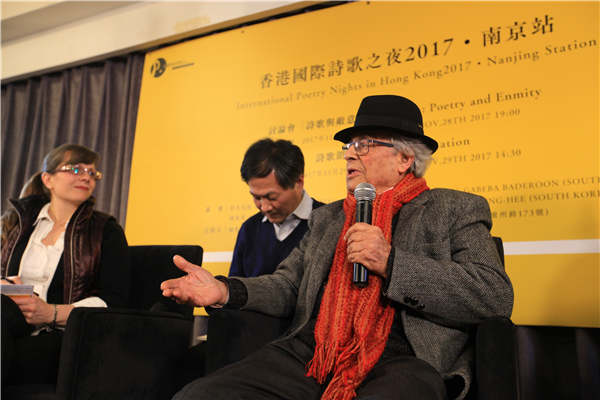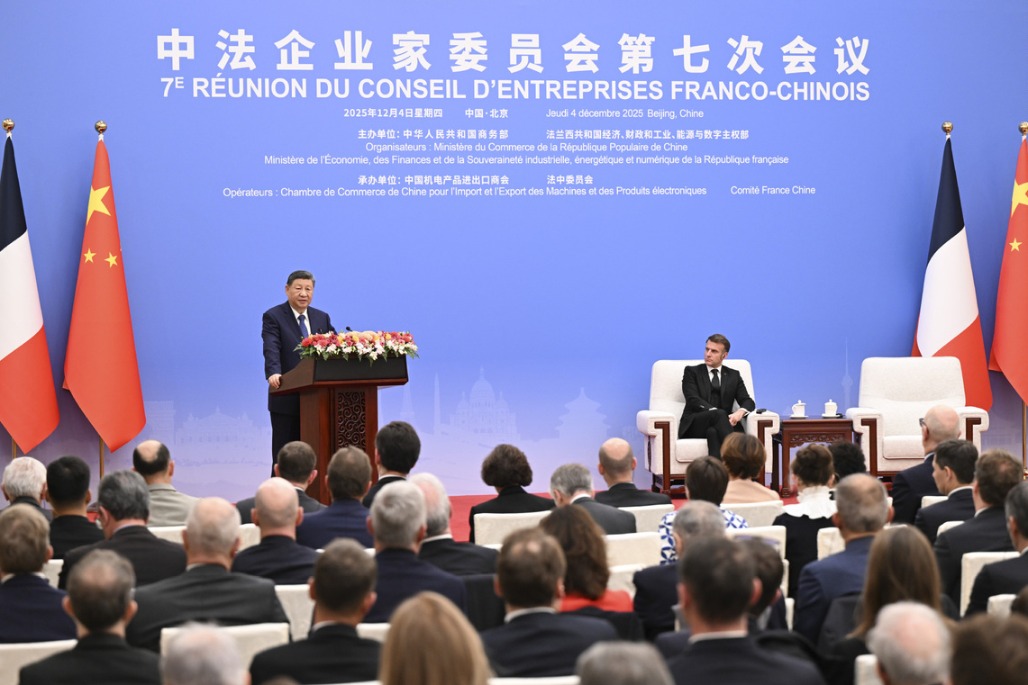Mightier than the sword
By Yang Yang | China Daily | Updated: 2017-12-16 10:01

"It's a carrier of highly abstract beauty and can provide a transcendental experience to someone like me who is non-religious, rising above down-to-earth cares and surpassing our animal instincts."
For many of us, the rapid development of artificial intelligence is raising all kinds of questions and concerns. Given that we rely on computers so much, have we already in fact become semi-AI beasts? In fact, ultimately, can we determine whether we are humans or machines? For some people, the answer to these questions lies in poetry. Yu He, 29, works for an AI company in Beijing and is also a lover of poetry, particularly works by the modern poets Bei Dao, the Chilean Pablo Neruda and the Pole Wisawa Szymborska, and the ancient Chinese Li Bai, Li Shangyin and Su Shi.
"I prefer poems that are wild, speculative, broad-minded, detached and heroic," he says.
Being interested in artificial intelligence and psychology, he has read a lot of research papers and books in these fields, he says.
"Poetry is a balanced mix of logic and emotion, using words to manipulate images and the expression of emotions."
In human communication, apart from logic and knowledge, the expression and communication of emotion, experience and feelings appears more important because they are closer to the essence of what a human is, and they can only be represented through poetry, music, painting, sculpture and other artistic forms, he says. Poetry is among the forms that adopts words as media.
"The ability to use words is the preserve of humans. Linguistic logic is unique, involving a highly advanced cognitive process. In my opinion, poetry, as the most direct, abstract, authentic form of human words, is the only balanced form to express sense and sensibility, advanced cognitive capabilities, emotions and feelings.
"A sentence is a particular way of organizing very few words into a highly condensed nugget of information, but it can arouse strong emotional resonance and communication."
























